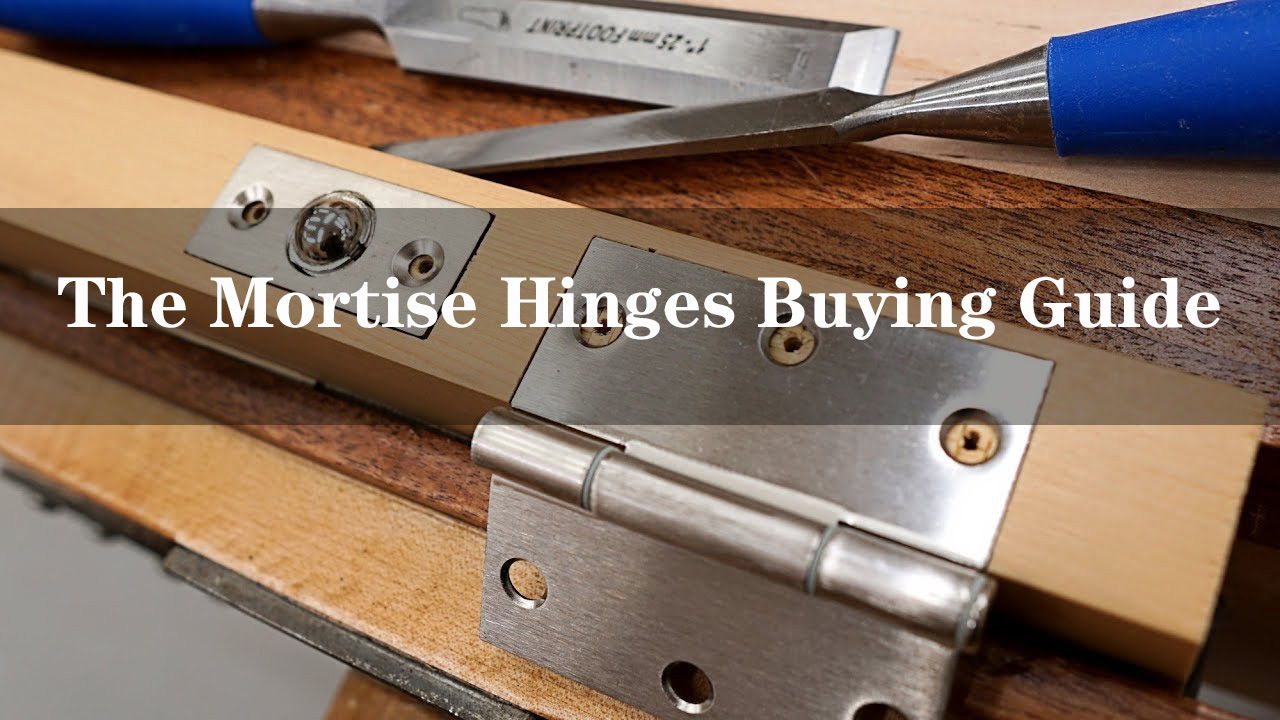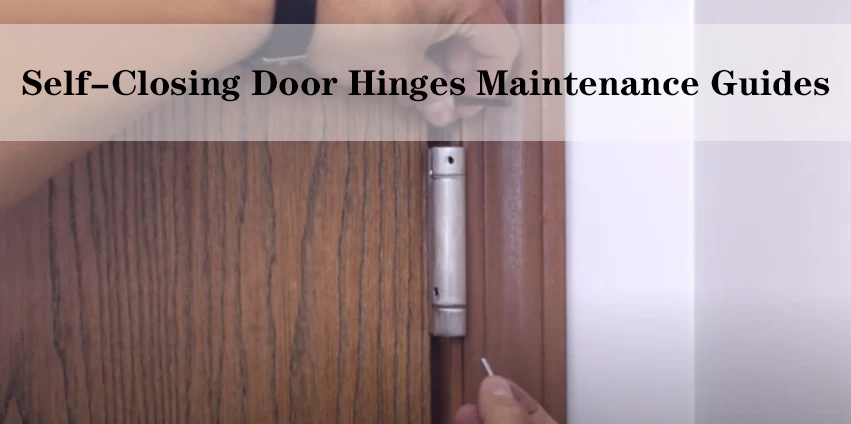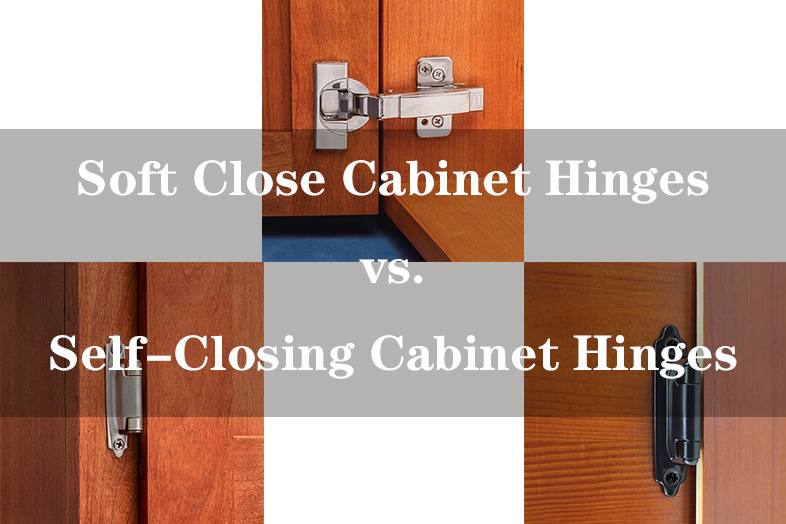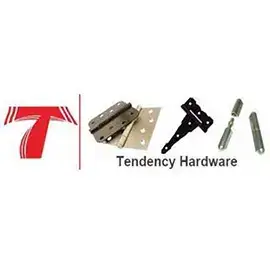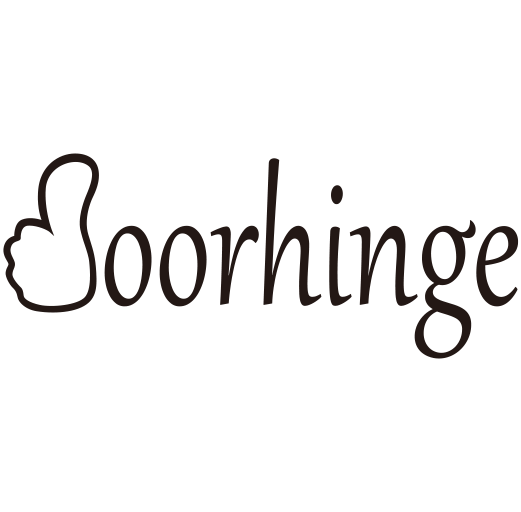In the realm of hinges, one type stands out as the orchestrator of smooth and hassle-free door movement – spring hinges. These unassuming yet indispensable components possess the power to transform the way we interact with doors, ensuring they close automatically with a gentle nudge. If you’re on the hunt for the perfect spring hinge for your doors, you’ve landed in the right place. Join us as we embark on a journey through the intricacies of spring hinges, unveiling the secrets to making an informed and astute selection that aligns seamlessly with your needs. Welcome to a world where door operation becomes an art, facilitated by the craftsmanship of spring hinges.
Understanding Spring Hinges
Spring hinges, also called self-closing hinges, as the name implies, are hinges that incorporate a spring mechanism. This mechanism is designed to enable doors to close automatically after they’ve been opened. In essence, it’s akin to having a helpful hand that gently encourages the door to return to its closed position.
Versatility in Usage
Spring hinges are exceptionally versatile and find application in various scenarios:
Residential Use: Employ spring hinges on interior doors where a soft and noiseless closure is desired, such as bedroom or closet doors.
Commercial Applications: Within office spaces, spring hinges maintain privacy by ensuring doors consistently close, a beneficial feature for conference rooms and private offices.
Retail Settings: Spring hinges effectively keep the entrance doors of retail establishments closed, contributing to energy conservation and temperature control.
Varieties of Spring Hinges
Single Acting Spring Hinges: These hinges are designed to close a door or gate in one direction. They are commonly used on doors that need to self-close, like those in commercial buildings, to prevent drafts or maintain security.
Double Acting Spring Hinges: Unlike single acting hinges, these hinges are designed to close a door from both directions. They are often used in restaurant or kitchen doors, allowing the door to swing closed automatically from either side.
Continuous Hinges with Spring: Also known as piano hinges, continuous hinges run the full length of a door or panel and are often used for heavy or long doors. When equipped with a spring mechanism, they help to close the door automatically.
Adjustable Spring Hinges: These hinges allow you to adjust the tension of the spring, which controls the closing force of the door. This feature is useful when you need to fine-tune the self-closing action of the door.
Surface-Mounted Spring Hinges: These hinges are mounted on the surface of the door and frame. They are relatively easy to install and are commonly used on doors where traditional mortise hinges are not feasible.
Concealed Spring Hinges: These hinges are hidden within the door and frame, providing a cleaner and more aesthetic appearance. They are often used in high-end or architectural applications where the hinge’s visibility is undesirable.
Ball-Bearing Spring Hinges: These hinges have ball bearings built into the knuckles of the hinge, allowing for smoother movement and reduced friction. They are often used in heavy-duty doors that require consistent performance over time.
Gravity Pivot Spring Hinges: These hinges utilize gravity to close the door, making them suitable for doors that don’t need a strong self-closing force. They are commonly used in lightweight doors or gates.
Screen Door Spring Hinges: These hinges are specifically designed for lightweight doors, like screen doors. They help prevent the door from slamming shut in breezy conditions while allowing it to close gently.
Automatic Door Closer Hinges: These are more advanced spring hinges that incorporate a hydraulic or pneumatic mechanism to control the speed and force of the door closing. They are often used in commercial settings where controlled closing is essential.
Selecting the Perfect Spring Hinges
Navigating the world of spring hinges becomes easier with these guidelines:
1. Door Type and Weight: Determine the type of door (interior, exterior, screen door, etc.) and its weight. Different spring hinges are designed to accommodate different door weights. Make sure to choose hinges that can support the weight of your door without straining the spring mechanism.
2. Door Material and Size: Consider the material of the door (wood, metal, glass, etc.) and its dimensions. Heavier or larger doors may require stronger spring hinges to ensure proper closing.
3. Desired Closing Force: Determine how strong of a self-closing force you need. This can depend on factors such as the door’s location, its purpose, and any safety or security requirements. Some spring hinges offer adjustable tension to fine-tune the closing force.
4. Direction of Closing: Decide whether the door needs to close in one direction (single acting) or both directions (double acting). Choose the appropriate type of spring hinge accordingly.
5. Aesthetics: Consider the overall appearance you want to achieve. Spring hinges come in various finishes and styles. Some are designed to be concealed, while others are more visible. Choose a finish that complements the door and surrounding environment.

6. Usage Frequency: Assess how often the door will be opened and closed. High-traffic areas may require more durable and heavy-duty spring hinges to withstand frequent use.
7. Environmental Factors: Consider the environment in which the hinges will be installed. For exterior applications, you’ll need hinges that can withstand weather conditions. For indoor applications, factors like humidity and temperature may also influence your choice.
8. Installation: Determine whether the hinges will be surface-mounted or mortised into the door and frame. Make sure the chosen hinges are compatible with your installation method.
9. Special Features: Some spring hinges come with additional features like ball bearings for smoother operation, adjustable tension, or hydraulic/pneumatic mechanisms for controlled closing. Evaluate whether any of these features are necessary for your application.
10. Budget: Consider your budget constraints. Higher-quality hinges with additional features may come at a higher cost, but they can provide better performance and longevity.
11. Consultation and Research: If you’re unsure about which spring hinges to choose, consult with hardware professionals, contractors, or architects who have experience with door hardware. You can also research product reviews and manufacturer specifications to make an informed decision.
12. Testing: If possible, test a sample of the chosen spring hinges on a similar door before committing to a larger purchase. This can help you ensure that the hinges provide the desired self-closing action and performance.
Advantages of Spring Hinges
Embracing spring hinges brings forth a host of benefits:
Convenience Amplified: Doors equipped with spring hinges automatically shut, alleviating the need for manual intervention and ensuring hassle-free operations.
Energy Efficiency Enhanced: Particularly in commercial spaces, spring hinges play a role in maintaining controlled indoor temperatures by promptly closing doors when they’re not in use.
Privacy Safeguarded: Spring hinges contribute to maintaining privacy in areas like restrooms or private offices, as they ensure doors close securely after each use.
Installation and Upkeep Insights

Mastering the art of spring hinge installation requires some key insights:
Precise Alignment: Achieving optimal performance hinges on aligning the hinge correctly with the door and frame, an essential aspect of proper installation.
Periodic Lubrication: To ensure the smooth functioning of the spring mechanism, regular lubrication is advised to prevent any hindrances.
Concluding Thoughts
Spring hinges present a pragmatic addition to any setting, offering the benefits of automatic door closure. Regardless of whether they’re enhancing homes, offices, or retail spaces, they contribute to energy efficiency, privacy maintenance, and user convenience. By factoring in aspects such as door weight, closing force, and installation compatibility, you can make an informed decision when selecting the ideal spring hinges. Remember, through diligent installation and routine maintenance, these hinges will continue to operate seamlessly, providing you with years of reliable service.










